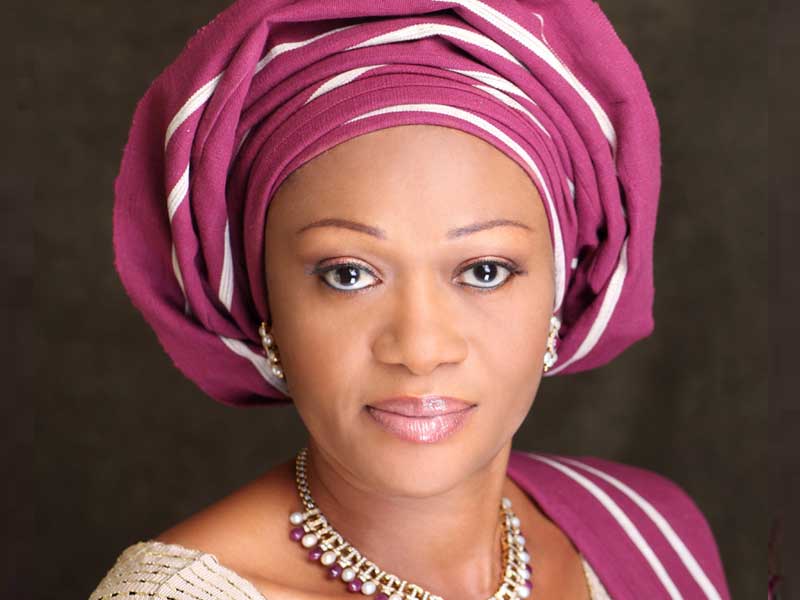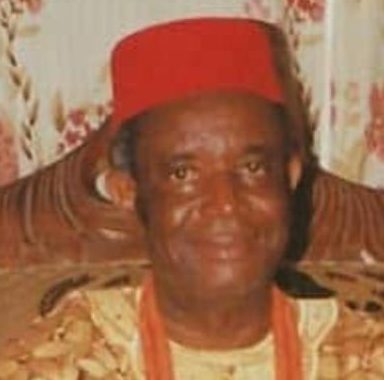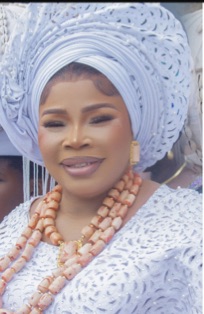Scepticism often greets public office in Nigeria, so it is rare for both praise and pragmatism to occupy the same sentence. This is precisely where Nigeria’s First Lady, Senator Oluremi Tinubu, currently stands, especially after a recent commendation from Leadership Newspaper, which described her as the “Mother of the Nation.” That title, while lofty, demands scrutiny and, perhaps more importantly, reflection.
For her critics, who bristle at the idea of praise amidst widespread economic hardship, the instinct is understandable. Nigeria is weathering one of its most difficult periods in recent history—where the price of food rises faster than hope and inflation weighs heavier than promises. But pause for a moment: is it possible that even within the storm, someone is handing out umbrellas?
Mrs. Tinubu’s Renewed Hope Initiative has quietly reached corners the federal budget cannot. From the N1 billion donation to the National Cancer Fund for cervical cancer elimination to community-based empowerment programs in fishing, tailoring, and tie-and-dye, her actions suggest a pivot from ceremony to substance. The Leadership team, during their visit to the State House, proposed a partnership targeting two million citizens with skills training. The First Lady didn’t blink. She embraced the collaboration.
Critics may argue that this is political theatre, and supporters might romanticize it as sainthood. But between those extremes lies a more useful question: What if this is what civic leadership looks like when stripped of noise?
When Senator Remi urged Nigerian women to seek medical help without shame, she wasn’t brandishing policy. She was wielding something rarer in politics: empathy. “A healthy nation is a wealthy nation,” she said—not as a slogan, but as an argument for sustainable public health.
Even if one does not agree with the First Lady’s politics, one might concede that her steps, however imperfect, are measurable. And in times like these, that counts for more than applause—it counts for impact.


















Leave a comment